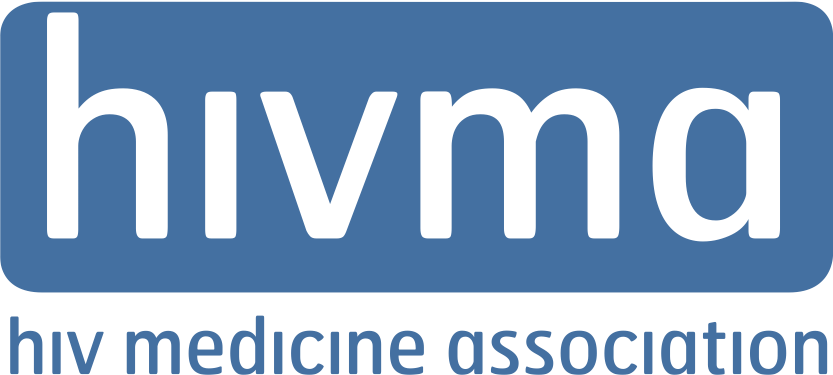
Infectious Diseases Society of America and the HIV Medicine Association Call for Evidence-based Decisions on School Re-openings
As societies of infectious diseases physicians, scientists, public health practitioners and frontline health providers, we recognize the need to balance concerns surrounding the ongoing COVID-19 pandemic with community concerns, including the benefits of reliable nutrition, physical activity and social development that are provided by onsite education of our children.
When school systems across the country weigh how and whether to open classrooms for the upcoming academic year, decisions must be based on evidence and available resources to address risks of infection and illness. While data indicate that children are less likely to develop serious illness due to COVID-19 and to transmit the disease, instances in which children have fallen seriously ill — including with multi-system inflammatory syndrome in children (MIS-C) – and in which children have died, should raise concerns, given that much remains unknown about the dynamics of the new coronavirus. In addition, teachers, school administrators and other adults critical to school operation may be more vulnerable, due to age or conditions carrying higher risks to severe COVID-19 disease and death. Flexibility must be provided for students, teachers and staff with underlying health conditions that place them at risk for complications from COVID-19. Provisions for at-risk students should include distance learning only, and for their at-risk teachers, the option to provide only distance education.
Policies for symptom screening of students and school staff, and responses in the event of student or staff member COVID-19 illness, must be in place prior to school reopening, with the understanding that those policies must be adapted to continued advances in our understanding of the virus. Recognizing that a substantial proportion of individuals who are asymptomatic may be capable of transmitting infection, adequate access to testing is also a concern.
New funding for all school systems is essential, and it must be adequate to ensure safe conditions, including appropriate physical distancing, as well as sufficient quantities of masks and other personal protective equipment, hand sanitizer, and appropriate cleaning and disinfection of classrooms and surfaces in common areas, school buses and other community forms of transportation for students. In settings where remote learning remains necessary, funding is needed to support access to tablet or laptop computers and broadband in the home so that educational disruption is minimized. Sustained reductions in overall community transmission rates are critical to safe school reopening, and the use of face masks and appropriate distancing in all settings for all community members must remain paramount.
We will not gain control of this pandemic or successfully reopen the economy unless we protect people and public health first. The safety of our children, their families, teachers and other school staff must be guiding factors in all school reopening decisions, and no school should be forced to open in a situation that presents unacceptable risks.
Thomas M. File, Jr., M.D., FIDSA — President, Infectious Diseases Society of America
Judith Feinberg, M.D., FIDSA — Chair, HIV Medicine Association

